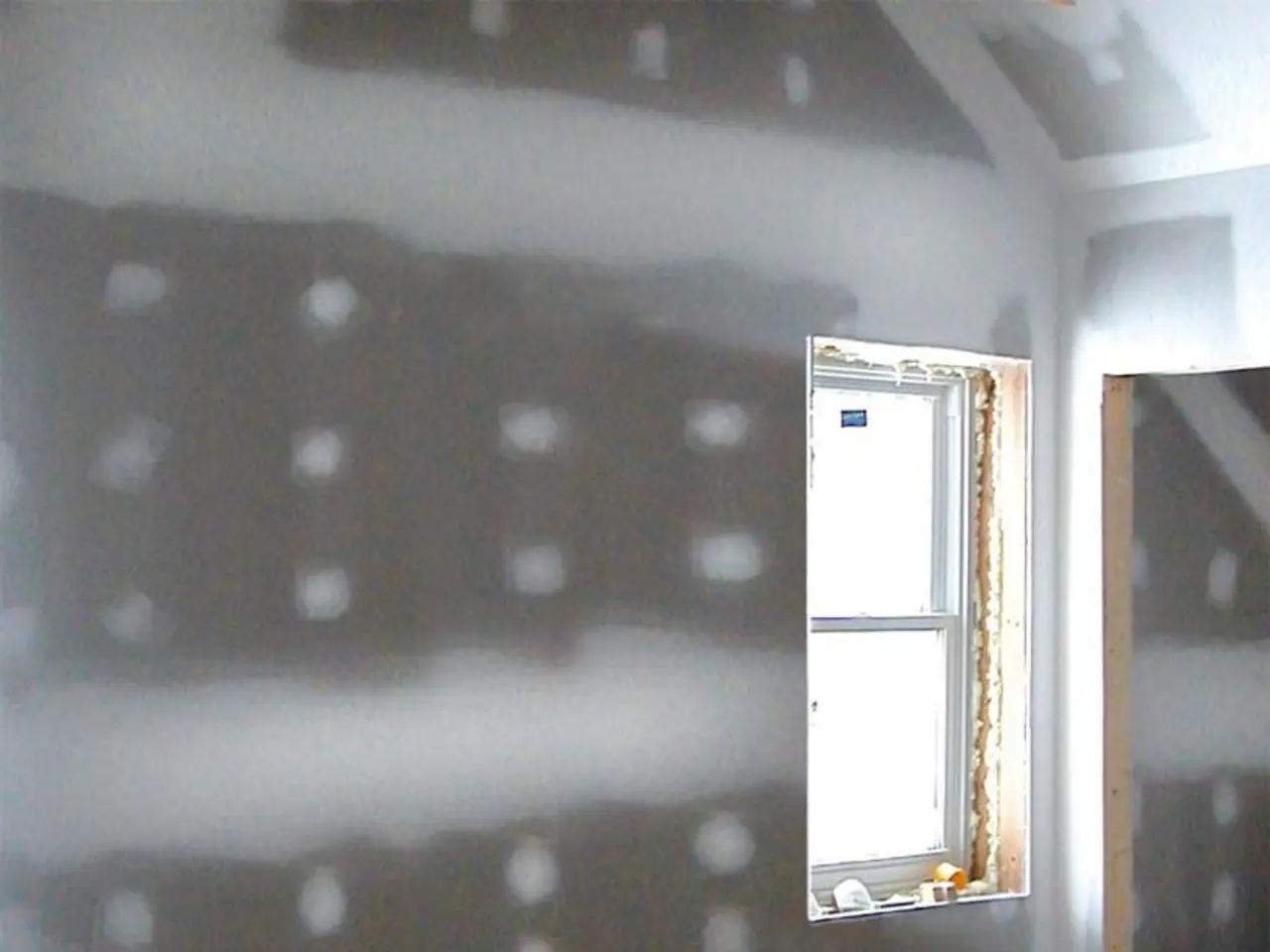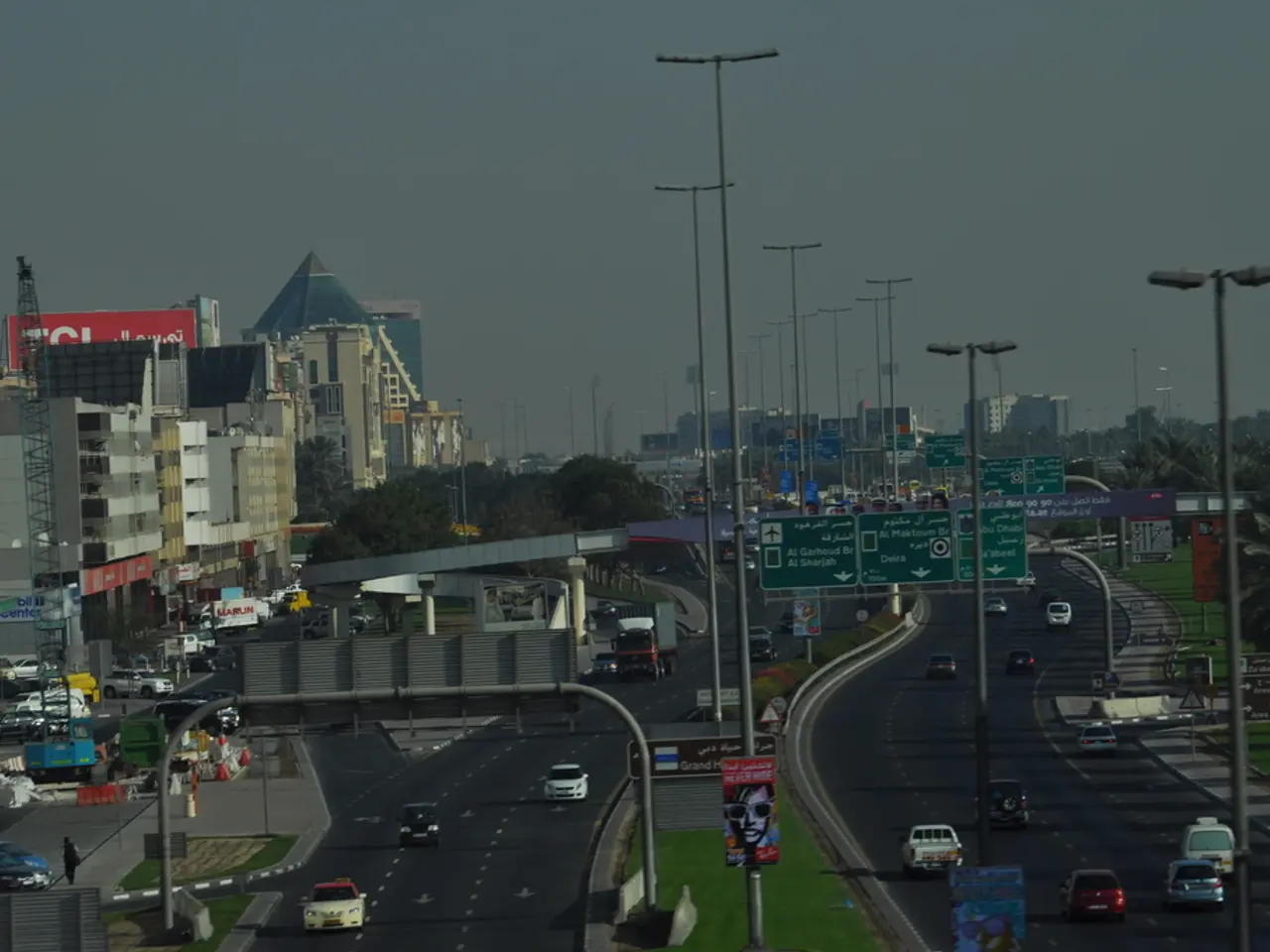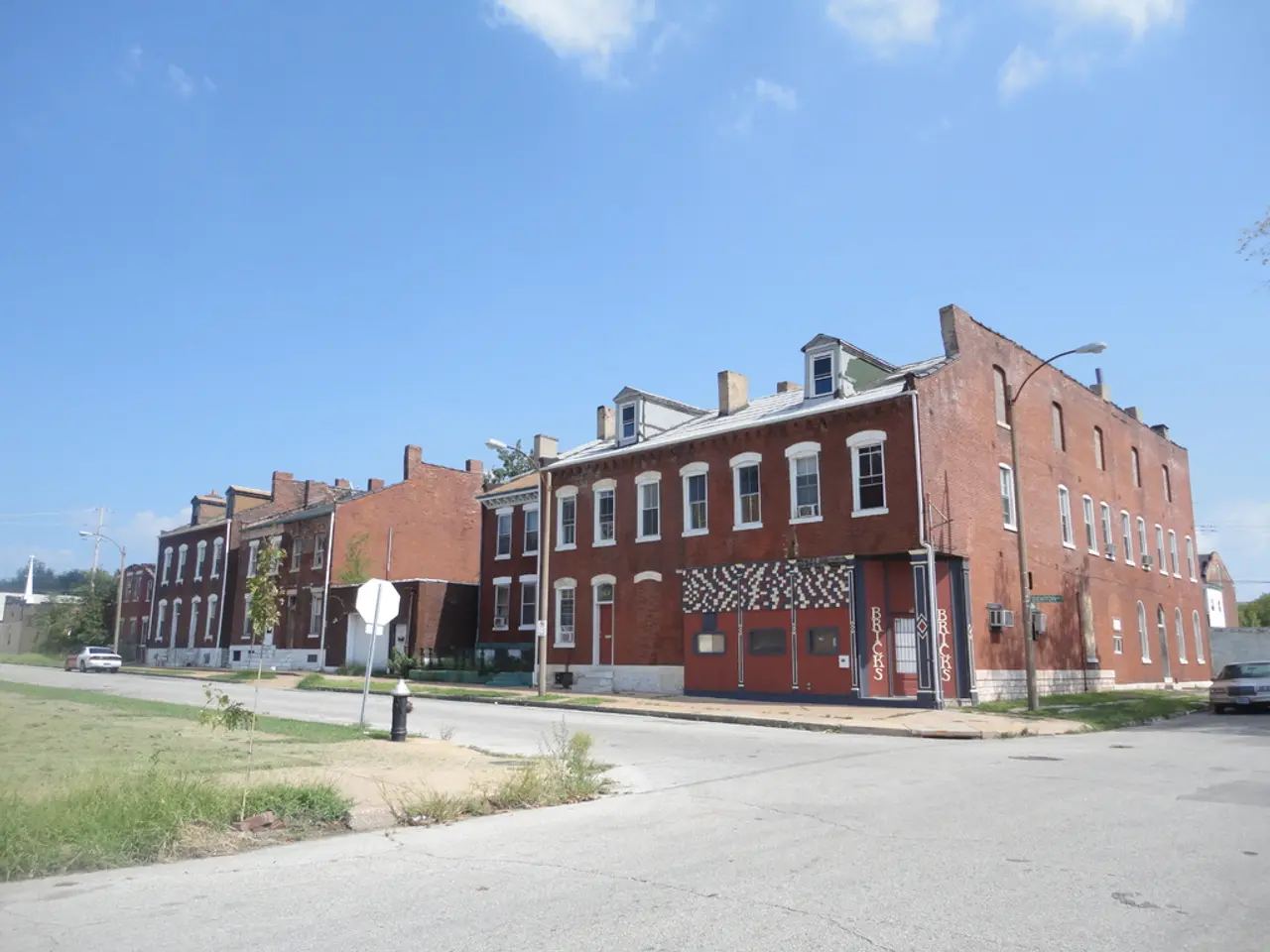Decline in Initial Asylum Applications Observed in the First Half of the Year
In a significant development, Germany has witnessed a dramatic decline in asylum applications in the first half of 2026, with a drop of around 43-50% compared to the same period in 2025. This decrease has been attributed to a combination of stricter border controls, regional efforts to control migration routes, and evolving conditions in key origin countries.
Germany's land borders have become more secure, reducing opportunities for irregular migration following the implementation of tighter controls[2]. Similarly, efforts by Balkan nations to curb irregular migration have also played a role in limiting the flow of asylum seekers towards Germany[2].
The changing situation in Syria has been another significant factor. The ousting of Syrian leader Bashar al-Assad in December 2024 led to fewer Syrians seeking asylum abroad. Despite Syria still being a significant source country, with 15,127 applications in the first half of 2026, it is now second on the list, behind Afghanistan[2].
Over 273,000 Syrians voluntarily returned from Turkey to Syria between December 2024 and mid-2025, signalling improved conditions or changed incentives to stay abroad, which in turn reduced asylum applications in Germany[2].
Germany's Interior Minister, Alexander Dobrindt, has hailed this decline as a clear success of his ministry's migration policies, emphasising a comprehensive revamp of the migration system aimed at controlling asylum seeker inflows[1].
However, the decline in asylum applications has brought about a new challenge. Discussions are underway regarding structural changes on the A12 motorway between Frankfurt (Oder) and Swiecko to address traffic disruptions caused by the Polish controls, which are set to be temporarily introduced on Monday[3]. René Wilke, Brandenburg's Interior Minister, and the Chambers of Industry and Commerce in Brandenburg and Saxony have voiced concerns about potential major traffic jams due to these controls[3].
The Federal Ministry of the Interior is currently examining solutions to prevent traffic jams on the A12 motorway in Brandenburg due to the Polish controls, as there are already traffic disruptions due to German controls[3].
Sources: [1] German Press Agency (2026). Germany sees historic low in asylum applications. [online] Available at: https://www.dpa.de/
[2] Bild (2026). Decline in asylum applications: The reasons behind it. [online] Available at: https://www.bild.de/
[3] Deutsche Welle (2026). Brandenburg and Saxony warn of major traffic jams due to Polish border controls. [online] Available at: https://www.dw.com/
- The decline in asylum applications in Germany can be attributed to the ministry's migration policies, which included stricter border controls and a revamp of the migration system. (policy-and-legislation)
- The discussions on structural changes on the A12 motorway are a result of the decline in asylum applications, as increased border controls, both German and Polish, have led to potential traffic disruptions. (politics, general-news)




